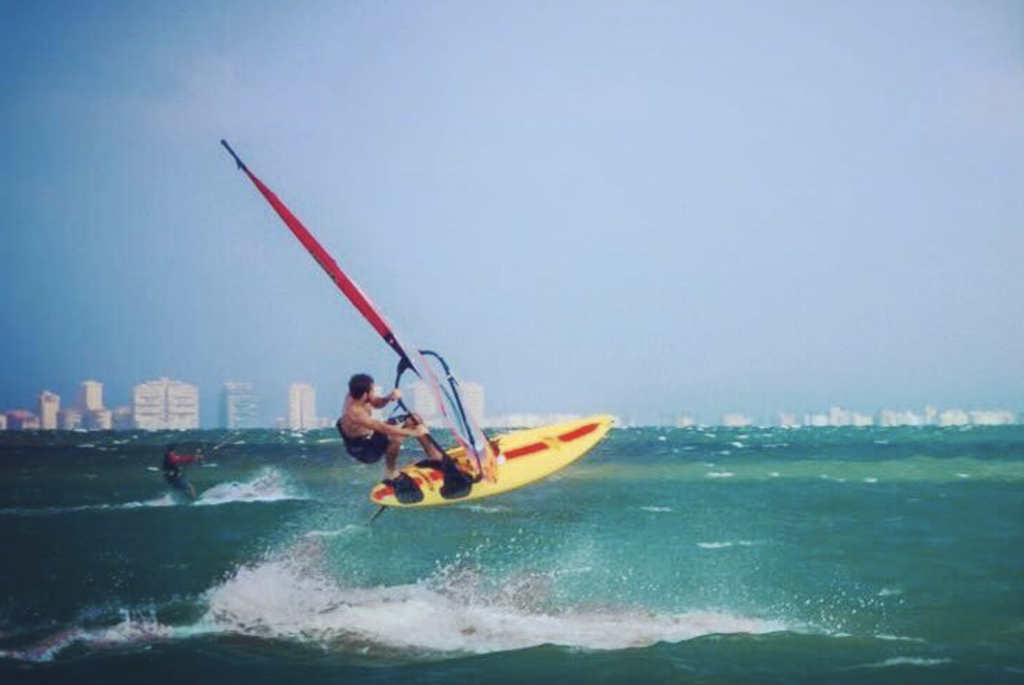
The reality of climate change has hit globally in the form of more intense and frequent extreme weather events, both in the global South and the global North. Examples are heat waves across Europe, sixth-generation fires in the Mediterranean and Canada, and warnings of a possible slowdown or even shutdown of the Atlantic Meridional Overturning Circulation (AMOC). The psychological impact of these events, some extreme and violent, others slow and almost invisible, is becoming increasingly apparent, and their study is beginning to gain importance as they become a public health issue. Research has shown that the wellbeing of vulnerable groups such as particularly children and youth is particularly affected. To better understand how climate change impacts on wellbeing, our project, carried out by an international and transdisciplinary group, aims to use a novel methodology that combines practices from the humanities, social sciences and participatory arts to explore emotional reactions to the local eco-social impacts of the climate crisis.
We have developed three working packages:
WP0: Project Management including a kick-off planning meeting at the University of Nantes. The main objective of WP0 is to perform project monitoring, management, administration and reporting of the project in order to ensure technical consistency and achievement of the main project objectives.
WP1: In this WP we will work to create a Community of Experience, composed of 10-15 young people (between 14 and 18 years old) from the localities bordering the Mar Menor. Special care will be taken to ensure that the group is balanced in terms of both gender and origin, so that the migrant population is represented.
The work to be carried out will consist of 8 two-hour sessions over five months (February – May), in which mixed methods (semi-structured interviews, participatory art-based research and auto-ethnography) will be used to analyse young people’s relationship with the environment of the Mar Menor (and more generally with the natural environment) and their experiences with the ecological crisis and climate change impacts. This will be done in the first five sessions. Then, during the months of March and April, they will carry out a sporting activity that will lead them to relate to the lagoon in a different way ,through embodied engagement with the local environment. Specifically, they will receive windsurfing lessons at a sailing school in the Mar Menor (Escuela Socaire, Santiago de la Ribera).
The core of the project will be a participatory art-based research (PABR) process in which participants, accompanied by a facilitator (to be hired), will develop an experimental process, ideally culminating in an artistic production (Evert & Peters 2014). The process will consist of a first research phase, which will include visits to the area and initial contact with the selected group. In a second phase, group work will be carried out in 5 or 6 sessions of 3 hours each with a group of 10/15 participants. In the third phase we will move on to the articulation of the results, which will ideally consist of the joint production of an artistic work, which could be anything from a video to a series of photographs, as it will be up to the group to decide. It also includes a presentation of the results.
After this exercise, there will be two more sessions in which we will revisit the topics covered in the previous sessions to explore any changes in perceptions and emotions (through a focus group discussion and individual interviews). In a final evaluation session, we will reflect on the research process and young people’s experiences. We will use Atlas.ti to analyse and compare the previous and final interviews.
WP2: Organisation of a final workshop in Murcia.
In order to share and compare results, as well as to contribute to the writing of the scientific journal articles and future grant applications, a workshop will be held in Murcia (SP), with the participation of members of all the universities involved in the study, as well as other invited researchers. The workshop, which will last two days, will be structured as follows
Day 1. Morning: Presentation of research findings, including a short documentary film. Afternoon: Discussion of the results and workshop for the conceptual development of the two journal papers.
Day 2. Morning: Conceptual development of the grant application for submission to a COST Action.
Day 2. Afternoon: Invited keynote speaker, discussion of future pathways, and closing remarks.
Our MAIN OBJECTIVE is to analyse emotional responses to climate change from a perspective of everyday lived experiences or ‘lived connection’ with the local environment. To this aim, we seek to:
- Explore the (emotional) relations of young people in local communities to their natural environment, and in particularly local environments ‘in crisis’.
- Analyse to what extent a direct or distant everyday ‘connection’ with the natural environment influences emotional wellbeing.
- Explore how emotional responses to the climate crisis are impacted by direct engagement with the natural environment.
The project is funded by the EUniWell Well-Being Research Incubator Programme.
The research team is composed of researchers from the universities of Bimingham, Nantes and Murcia. The members of ehCOLAB are:
Juan Manuel Zaragoza (IP)
David Soto Carrasco (
Miguel Mesa del Castillo (Universidad de Alicante)
Maria Soledad González-Reforma Martínez (Universidad de Murcia)
Anaïs Florin (Universitat Politècnica de València)
Malena Canteros (Universidad de Murcia)

